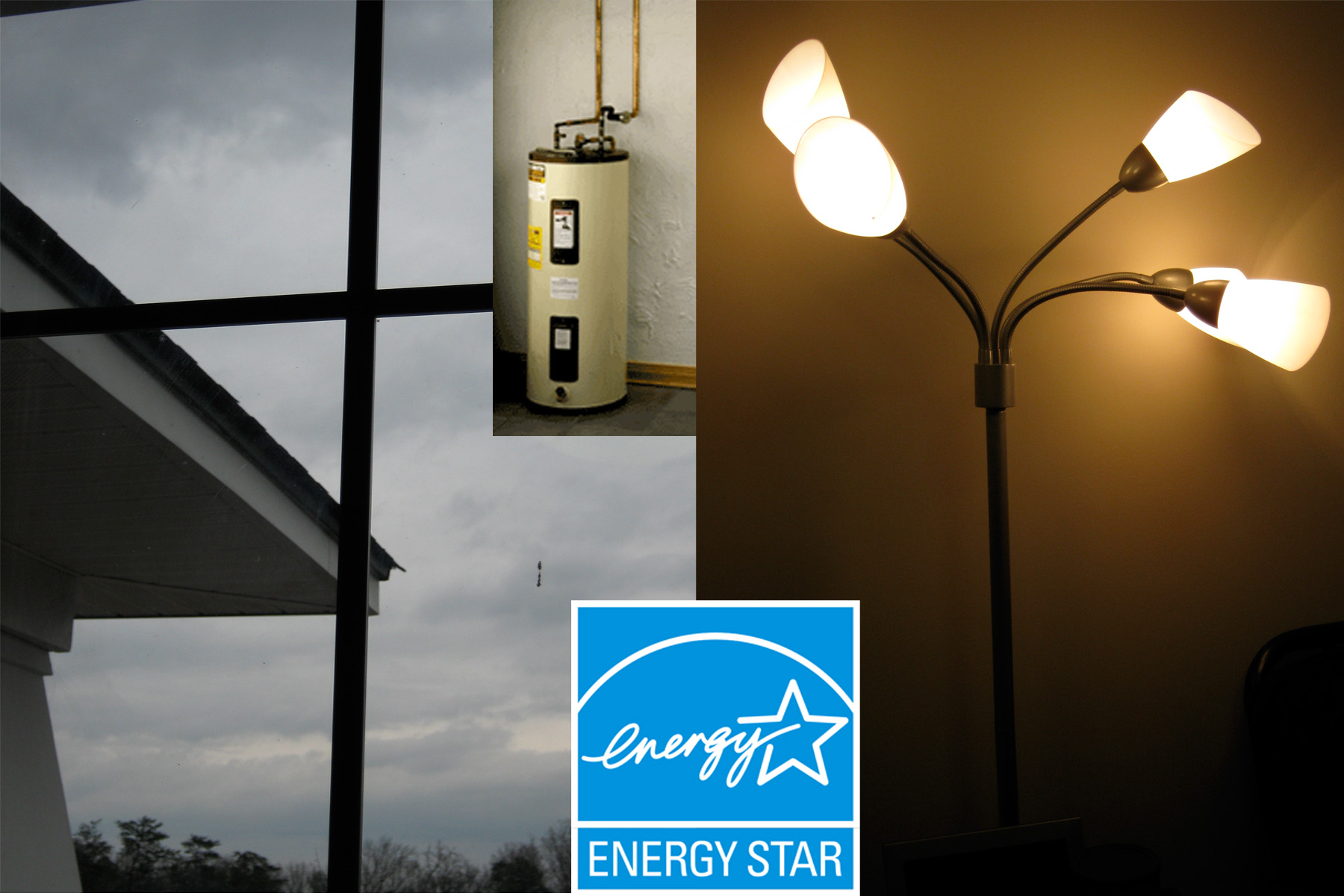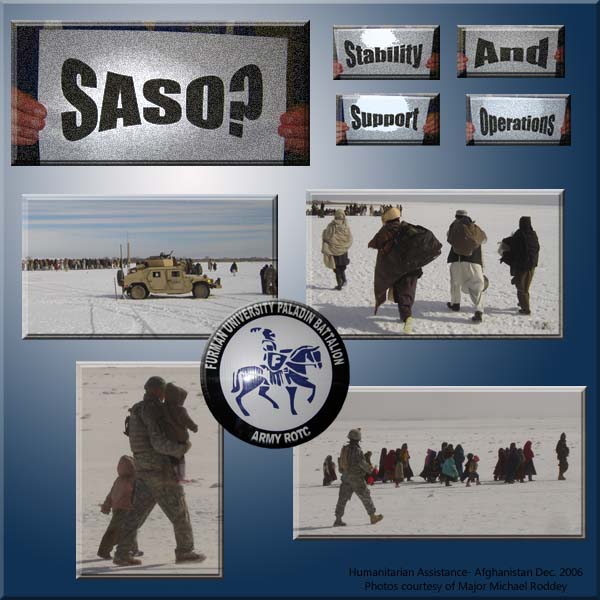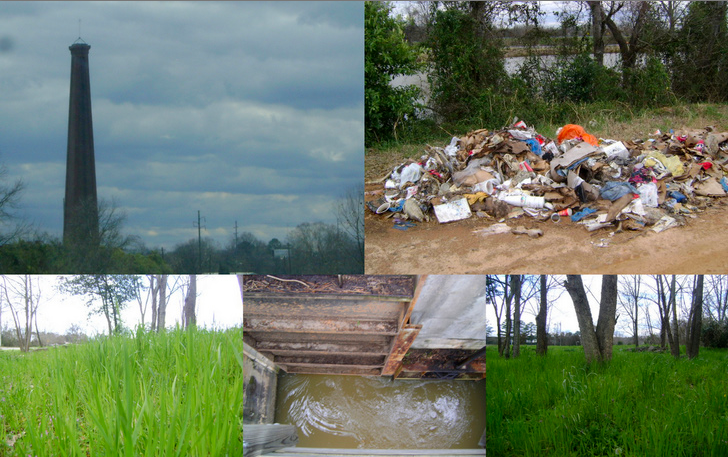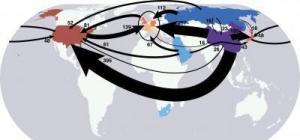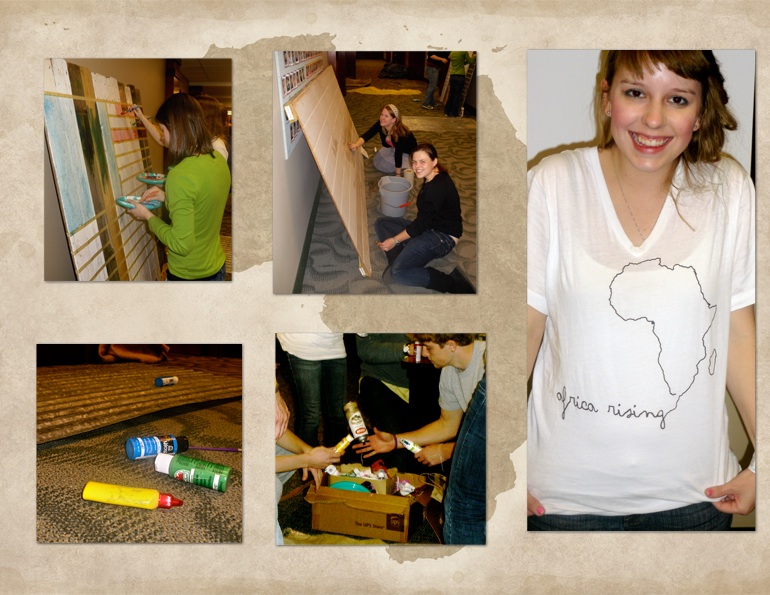
This Sunday March 21st millions of protestors, the majority Latinos, will march in Washington DC to tell President Obama and Congress to finally make the changes in immigration reform that they were promised. The march will start at 2:00pm which is coincidently the same time that the House of Representatives will vote on the health care reform bill.
The protestors of the march are not just from the Latino community but many immigrants from different countries who feel that immigration reform needs to happen now and fast. However, a good portion of the protestors are documented children of undocumented citizens who are fighting for the rights for their parents to stay in the United States. With the increase in ICE raids and deportations in the United States many parents are taken from their families.
An article on Univision.com discussed the story of two brothers, Cecia and Ronald Sosa, whose mother was deported in January of 2008 and has yet been able to return to the United States. Cecia states,
“We are going to ask the President to stop the raids and that my mother can return to our side.”
Supporters for immigration reform have been asking for action since the arrival of the Obama administration in 2009 but have yet to see any significant action take place. When asked about the issue of immigration reform President Obama has said that he needs Republican support in regards to bi-partisanship support for the bill.
Though there seems to be barriers to the immigration reform I believe that this march will show not only Congress but the rest of the American people how important and vital reform in immigration is and the magnitude of people it would affect in the United States.
To listen to an interview with Furman student Luis Gonzales on the immigration rally click here
For photos from my interview with Luis Gonzales and immigration rallies click here

